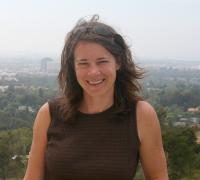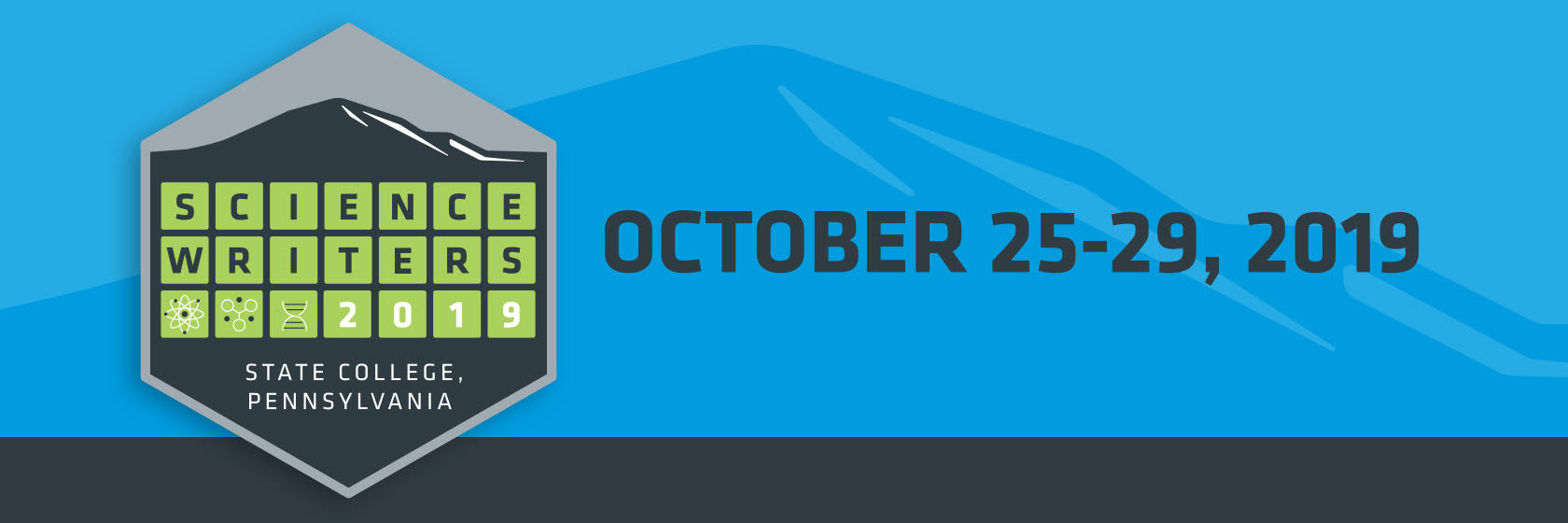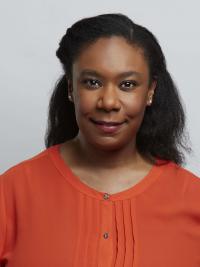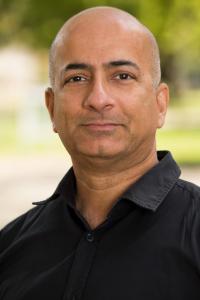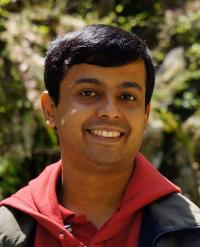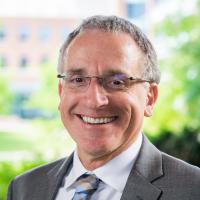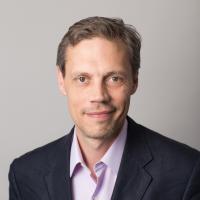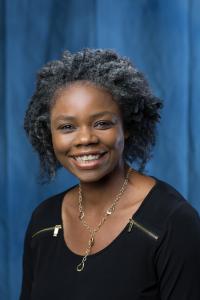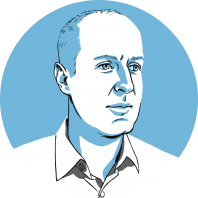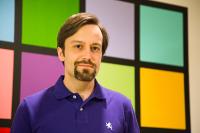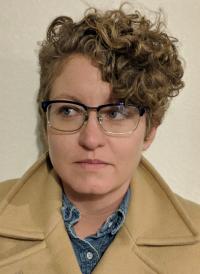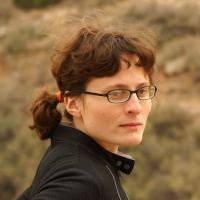I'm the executive editor for MIT Technology Review. I think it's fair to say I've been a science writer since the first news brief I was commissioned to write for Nature … back in 2005. Since then, I've spent time at Wired and the Discovery Channel, freelanced, and even dabbled in a media startup (it went under). I also served two tours at New Scientist, first as a writer in the San Francisco bureau, then as Boston bureau chief. I've called Technology Review home since 2016, where I've edited and written about (but mostly edited) everything from cancer immunology to 3D printed rockets. I also create and help create new products — newsletters, podcasts, events, that sort of thing. In 2018 I was a Sulzberger fellow at the Columbia Journalism School, where I learned that there might just be a sustainable business model for journalism.
Pitching guidelines:
As our mission statement says, our aim is "to bring about better-informed and more conscious decisions about technology through authoritative, influential, and trustworthy journalism." Technology affects nearly every corner of modern life, so we have a big job. That means we need freelancers, and we commission a wide variety of stories from established (and sometimes quite famous) writers as well as new, up-and-coming voices. We are also keenly aware that the tech world is too often represented by rich, white, male figures. This is something we feel strongly about working to correct, both in the subjects we cover and the writers we employ.
Stories can range from a few hundred words to full-length magazine features several thousand words in length. We more often commission freelance pieces that skew toward the longer, more in-depth end of things — which often end up in one of our six print issues each year — but we publish daily online and we pay the same rate for a story, no matter the medium. Pitches should be about technology in some respect, but forget the idea of a traditional "researchers discovered X" story (though new research is often a good starting point). We're looking for great characters, tension, and narrative that will compel readers as well as leave them better informed.
Twitter: @reillymj
Email: reilly@technologyreview.com
